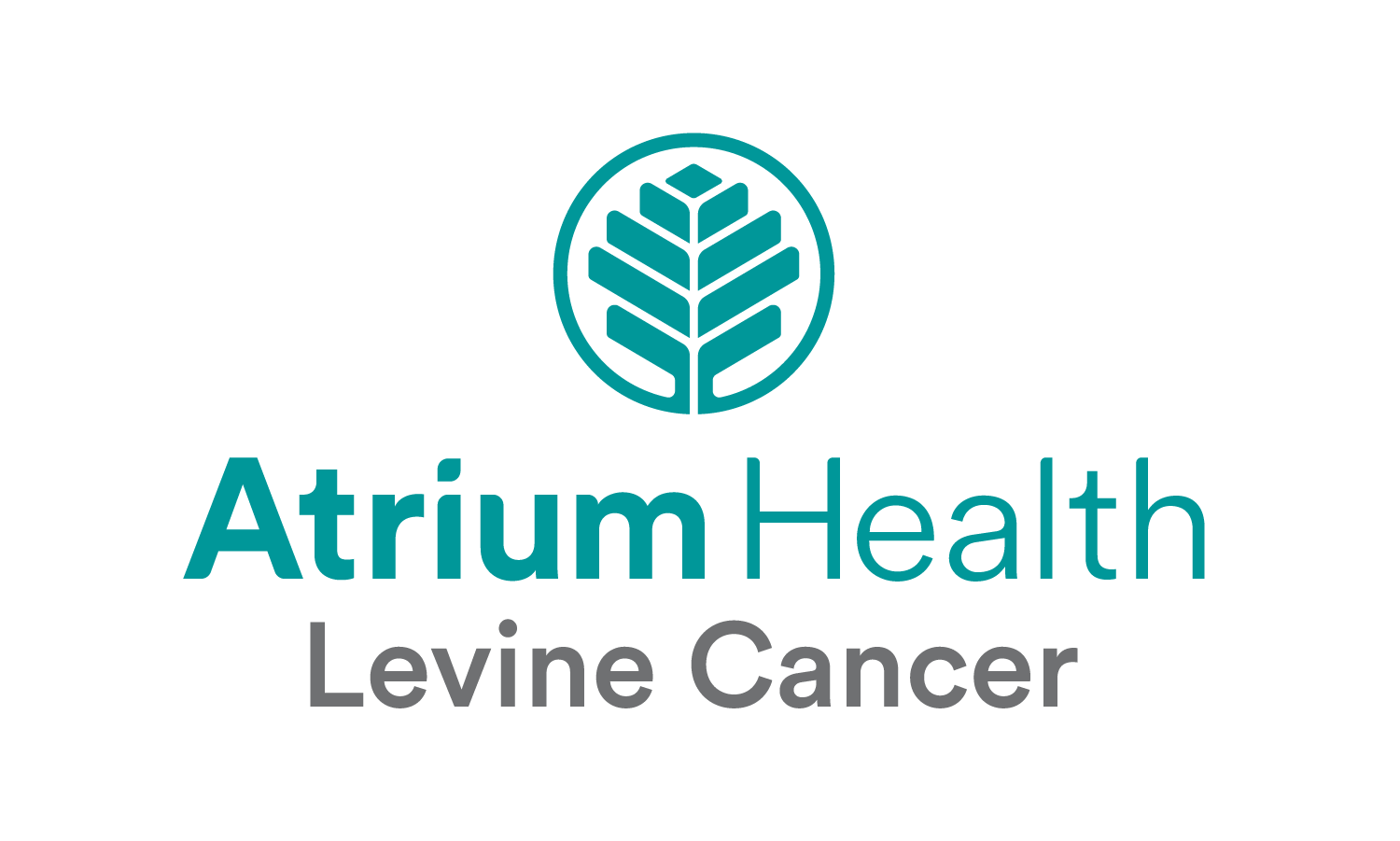- Advertise
- About OncLive
- Editorial Board
- MJH Life Sciences brands
- Contact Us
- Privacy
- Terms & Conditions
- Do Not Sell My Information
2 Clarke Drive
Suite 100
Cranbury, NJ 08512
© 2025 MJH Life Sciences™ and OncLive - Clinical Oncology News, Cancer Expert Insights. All rights reserved.
Dr. Naumann on Improving Outcomes With Chemotherapy in Ovarian Cancer
R. Wendel Naumann, MD, gynecologic oncologist, Levine Cancer Institute, Carolinas HealthCare System, discusses improving outcomes with chemotherapy for the neoadjuvant treatment of patients with ovarian cancer.
R. Wendel Naumann, MD, gynecologic oncologist, Levine Cancer Institute, Carolinas HealthCare System/Atrium Health, discusses improving outcomes with neoadjuvant chemotherapy for the treatment of patients with ovarian cancer.
Naumann says that in the last few years, this setting has come full circle. Carboplatin and paclitaxel have had several iterations since they entered the landscape in 1996—intraperitoneal and dose-dense chemotherapy are examples. Researchers have found that none of those instances seem to improve outcomes, so they’ve optimized this regimen. The June 2018 FDA approval of upfront bevacizumab (Avastin), particularly for poor-prognosis patients, has improved outcomes and bolstered neoadjuvant chemotherapy. Patients with a poor prognosis are typically those who would need neoadjuvant chemotherapy, Naumann says.
Researchers have never been able to show that adding something upfront—whether it’s an additional chemotherapy agent or an anti—VEGF agent—has improved survival. However, Naumann says oncologists can aim to improve response rates and duration of response.
Related Content:





